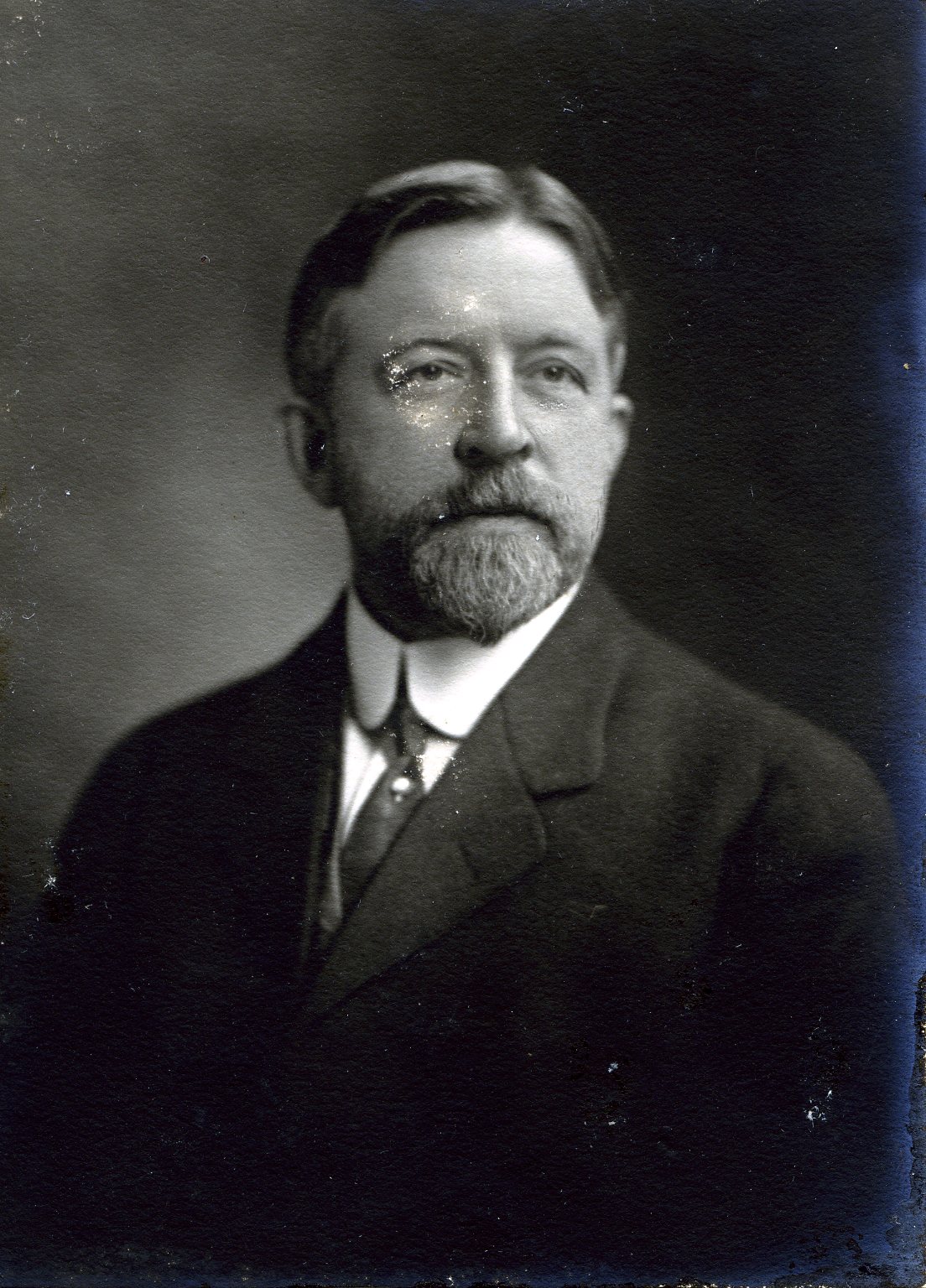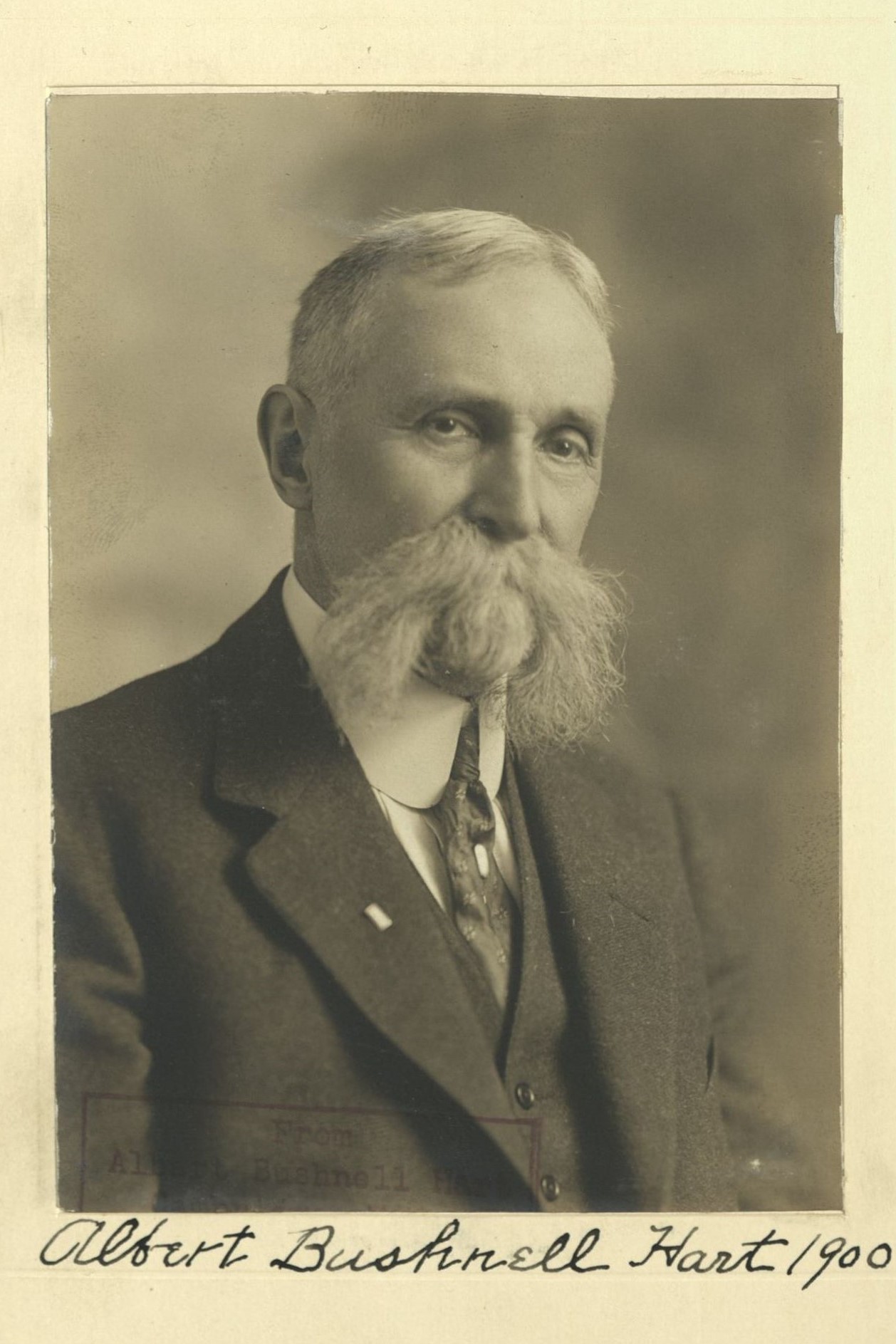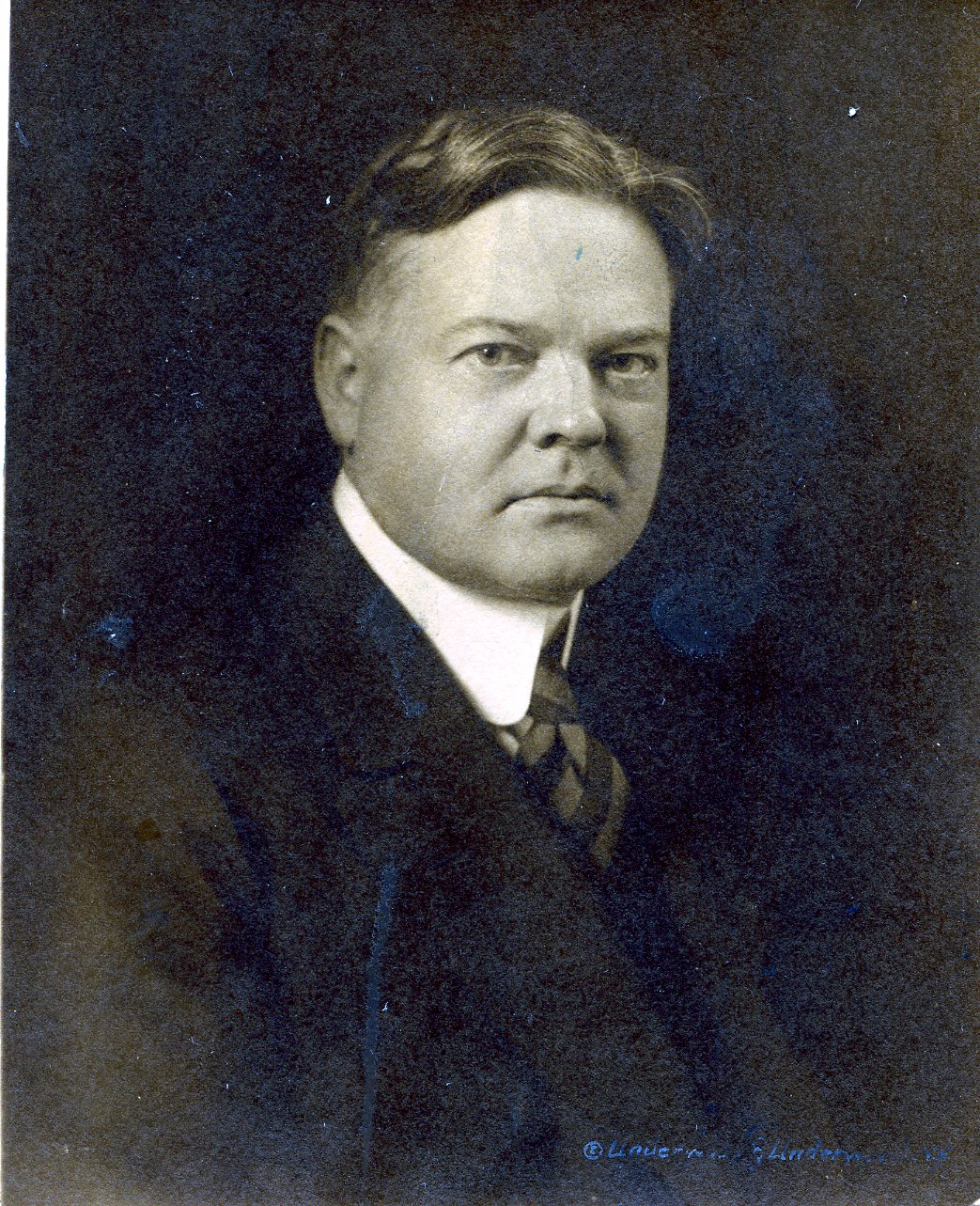Member Directory,
1847 - 1922
Edward T. Sanford
Assistant U.S. Attorney General/U.S. Supreme Court Justice
Centurion, 1909–1930
Albert Bushnell Hart and William A. Keener
Knoxville, Tennessee
Washington, District of Columbia
Age forty-four
Knoxville, Tennessee

Century Memorial
Before he was appointed to the United States Supreme Court by President Harding in 1923, Edward Terry Sanford had served with distinction as United States Assistant Attorney General and as United States judge in the Tennessee district. He joined the Century’s non-resident membership as far back as 1909. During his service in the District Court his diligent study and intelligent handling of the cases which came before him became widely and favorably known. It was this reputation and the high personal esteem in which he was held, especially among his Harvard fellow-alumni, which probably led to his selection for the Supreme Court.
In that court, Justice Sanford was a painstaking worker; striving always not only to satisfy himself in the preparation of judicial opinions, but to express with meticulous accuracy the views of his associates when in agreement with them. He rarely dissented from the opinions of the majority. His own opinions during his Supreme Court service were not, in the judgment of the profession, especially distinguished, but there were exceptions; one of the notable instances being his opinion on the constitutionality of the “pocket veto,” in which his discussion of the historical and practical considerations set a very high standard alike in form and in substance.
Mr. Justice Holmes, announcing Justice Sanford’s death from the bench last March, epitomized the Court’s view of their associate when he said that “thus suddenly the light of a faithful worker, who was born also to charm, went out.” In both appearance and demeanor, the justice was always the cultivated gentleman, not only attracting people instantly by his genial manner but holding their friendship by an intellectual quality of his own which was difficult to define but which colored his conversation and all of his relationships with his fellows. He entered freely into the social life of Washington where, because of his social qualities, he was much in demand. He traveled extensively, speaking French with such fluency that he was said to have addressed the members of the French profession in their own language when the American Bar Association visited France in 1924.
Alexander Dana Noyes
1931 Century Association Yearbook



